Philosopher Chats
Engage in friendly and engaging chats over coffee with some of the world’s most influential educational philosophers.
About This Assignment
In this activity you will engage with a custom built chatbot that roleplays as a noted educational philosopher. These chatbots were created using ChatGPT’s Custom GPT feature. The goal of this activity is to engage in a simulated coffee chat designed to foster philosophical inquiry through dialogue to gain further insight and understanding of each philosopher’s ideas and writings. You will be challenged to reflect on your own beliefs and experiences and to think critically and more deeply about the subject matter.
Refer to the assignment instructions and rubrics posted in Moodle for further details.
Frequently Asked Questions
What is a Custom GPT?
A GPT is a custom version of ChatGPT fine-tuned to perform specific tasks or behave in a certain way based on a set of instructions and training knowledge. In this case, we have created a set of GPTs to roleplay as historical philosophers.
Do I need to create an account to chat with each philosopher?
Yes, a free ChatGPT account is required to access custom GPTs. You can login with an existing ChatGPT account or create a new one. If you do not have an existing account and do not wish to create one, please discuss alternative options with your instructor.
How does ChatGPT store and use my data?
Before using AI tools, it’s important to know how your data is being used. Some tools collect and store everything you type and might use it to train future models. Reading the privacy policy helps you understand what’s being collected, who can see it, and how it might affect your privacy, academic work, and digital rights. According to OpenAI’s Privacy Policy (“We” referring to OpenAI; “You” referring to ChatGPT users):
Personal Data You Provide: We collect Personal Data if you create an account to use our Services or communicate with us as follows:
- Account Information: When you create an account with us, we will collect information associated with your account, including your name, contact information, account credentials, date of birth, payment information, and transaction history, (collectively, “Account Information”).
- User Content: We collect Personal Data that you provide in the input to our Services (“Content”), including your prompts and other content you upload, such as files, images, and audio, depending on the features you use.
- Communication Information: If you communicate with us, such as via email or our pages on social media sites, we may collect Personal Data like your name, contact information, and the contents of the messages you send (“Communication Information”).
- Other Information You Provide: We collect other information that you may provide to us, such as when you participate in our events or surveys or provide us with information to establish your identity or age (collectively, “Other Information You Provide”).
Personal Data We Receive from Your Use of the Services: When you visit, use, or interact with the Services, we receive the following information about your visit, use, or interactions (“Technical Information”):
- Log Data: We collect information that your browser or device automatically sends when you use our Services. Log data includes your Internet Protocol address, browser type and settings, the date and time of your request, and how you interact with our Services.
- Usage Data: We collect information about your use of the Services, such as the types of content that you view or engage with, the features you use and the actions you take, as well as your time zone, country, the dates and times of access, user agent and version, type of computer or mobile device, and your computer connection.
- Device Information: We collect information about the device you use to access the Services, such as the name of the device, operating system, device identifiers, and browser you are using. Information collected may depend on the type of device you use and its settings.
- Location Information: We may determine the general area from which your device accesses our Services based on information like its IP address for security reasons and to make your product experience better, for example to protect your account by detecting unusual login activity or to provide more accurate responses. In addition, some of our Services allow you to choose to provide more precise location information from your device, such as location information from your device’s GPS.
- Cookies and Similar Technologies: We use cookies and similar technologies to operate and administer our Services, and improve your experience. If you use our Services without creating an account, we may store some of the information described in this policy with cookies, for example to help maintain your preferences across browsing sessions. For details about our use of cookies, please read our Cookie Notice.
How do I ensure that I am engaging with these chats safely and responsibly?
Although you will likely be prompted to reflect on your personal experiences and philosophies, do not enter personal or sensitive information, as this information may be used to further train ChatGPT and could be exposed to other users. This includes any information that could be used to personally identify you, as well as copyrighted works.
How accurate are the answers I receive?
While we have made every effort to ensure these chatbots engage in an authentic manner and draw on each philosopher’s ideas and writings, they may still produce misleading or fabricated content. As such, approach each interaction critically. These chatbots should not be viewed as a source of authority, but rather a way for you to further engage with the teachings of each philosopher. AI tools can also reflect the societal and cultural stereotypes inherent in their training data, and produce content that perpetuates existing stereotypes, inequalities and discriminatory perspectives. It is important that you critically engage with AI-generated content to verify it’s accuracy and check for potential biases. This checklist can help with process. Use the arrow buttons to navigate between each slide below.
Are there limitations on how long I can chat with each philosopher?
Yes, ChatGPT does place a limit on your interactions. Unfortunately, ChatGPT isn’t totally transparent on how the usage rate is calculated. It can vary depending on your subscription tier (free or paid) and seemingly the time of day. This means that you may have to complete this activity in more than on sitting (so don’t leave it until the night before it’s due!). If you find that you reach the usage limit, try again in 3-5 hours and it should be reset.
Here are a few strategies to help you keep under the limit:
- avoid inputting or requesting the generation of images or audio
- enter more fleshed out and detailed prompts instead of frequent short prompts, as this requires ChatGPT to check its knowledge base each time
- save and export your interactions to make sure they are not lost and can be referred back to (see below)
How can I save or export my chats?
You might find that you need to refer back to your conversation with one of the philosophers, share your chat history with your classmates or instructor, or continue a previous conversation. Conversations with ChatGPT are typically saved in the left-hand menu under “Chats.” To share your conversation history, you can:
- Click the “Share” button in the top-right corner. This will create a shareable link to your conversation that opens in ChatGPT. Further interactions are not included in the original link.
- Copy and paste your entire chat into a text document, such as Microsoft Word. The easiest way to do select your entire chat history is “Ctrl + a” on your keyboard.
You can also manage your chat history by:
- Archiving your chats by clicking “…” in the top-right corner and selecting “Archive.” Archived chats are removed from your chat history list. They can be accessed and restored in your profile settings under “Data Controls.”
- Requesting an export of your complete chat history by clicking Settings -> Data Controls -> Export data.
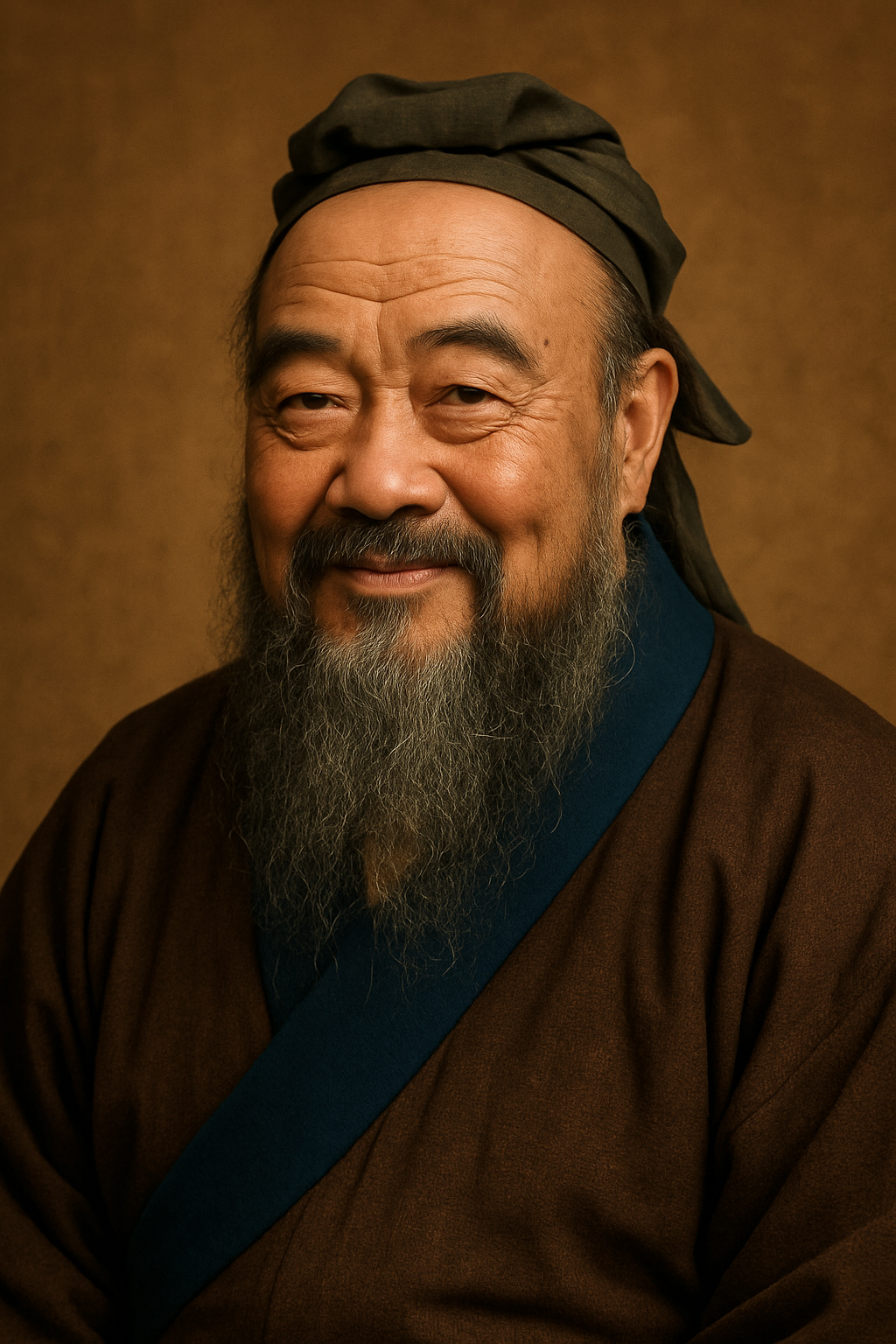
Confucius
551 – 479 BCE | China
Confucius was a Chinese philosopher who is traditionally considered the paragon of Chinese sages. His teachings became the foundation of Confucianism and helped shape Chinese culture, politics, and education.
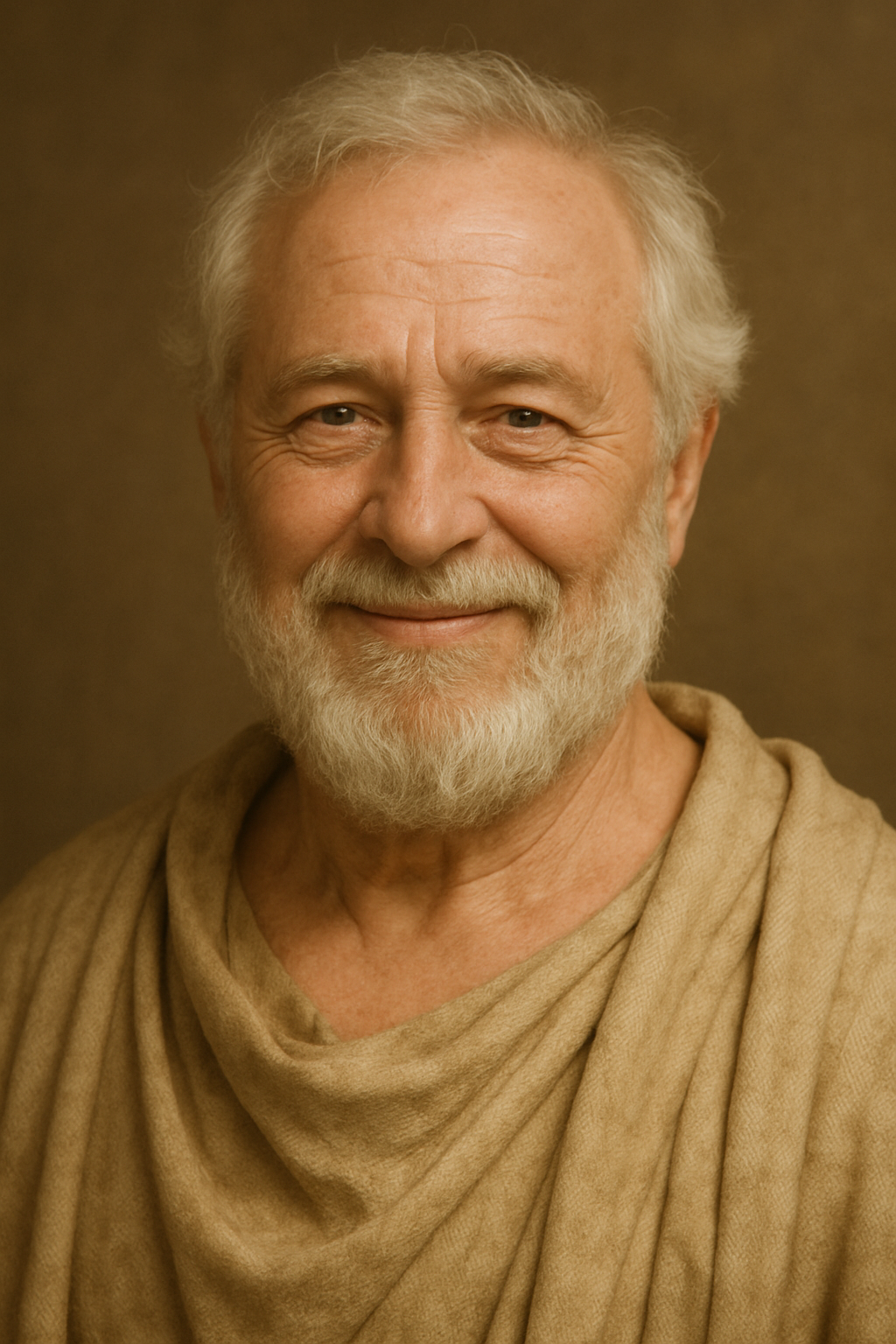
Plato
Approx. 428 – 348 BCE | Athens
Plato was an ancient Greek philosopher of the Classical period who is considered a foundational thinker in Western philosophy. He was the founder of the Platonic Academy, a philosophical school in Athens where Plato taught the doctrines that would later become known as Platonism.
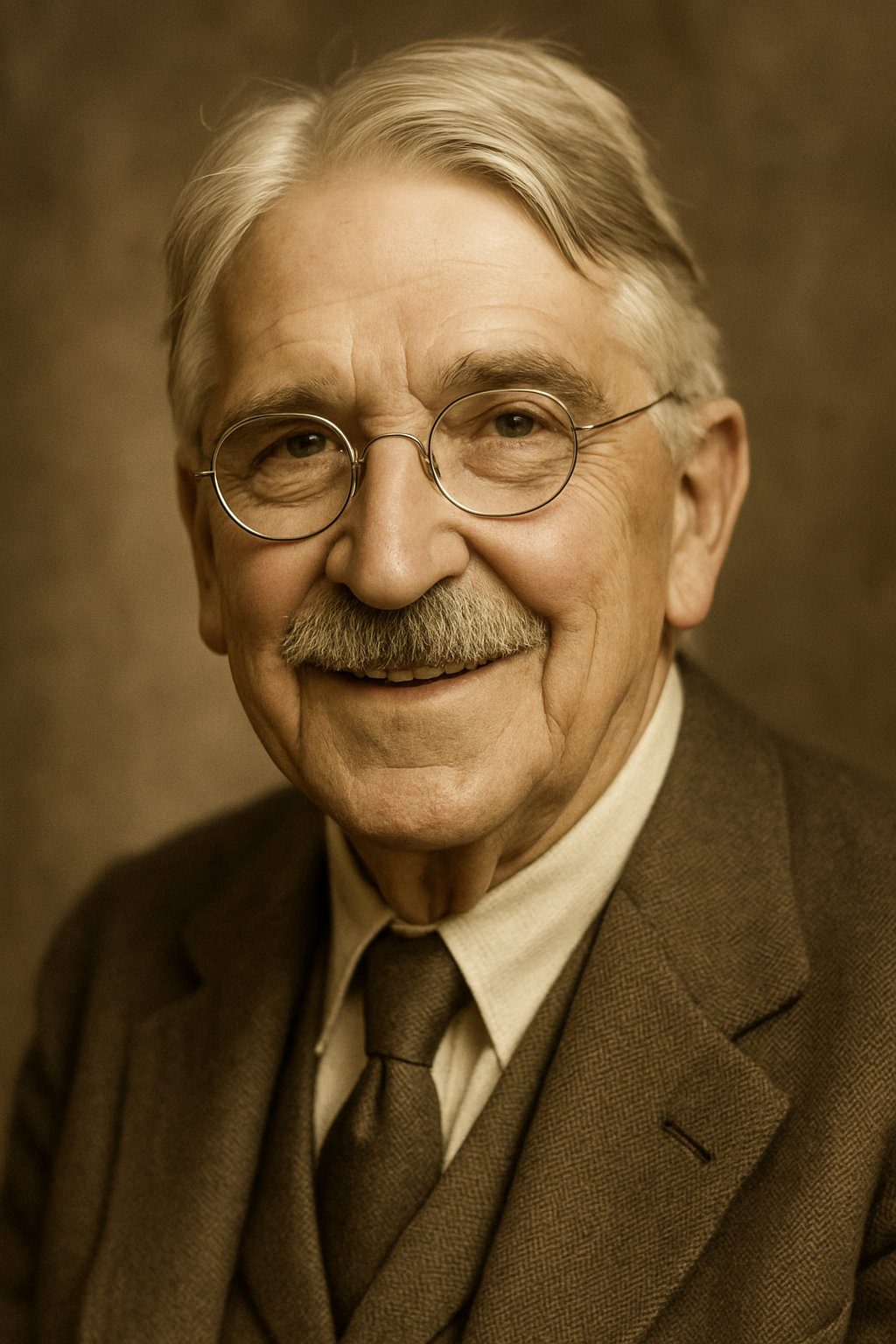
Dewey
1859 – 1952 | United States
John Dewey was a prominent American philosopher, psychologist, and educational reformer. His belief in democracy was a major overriding theme in his works. He emphasized experiential, student-centered learning and believed that education should prepare individuals for active participation in democratic life.
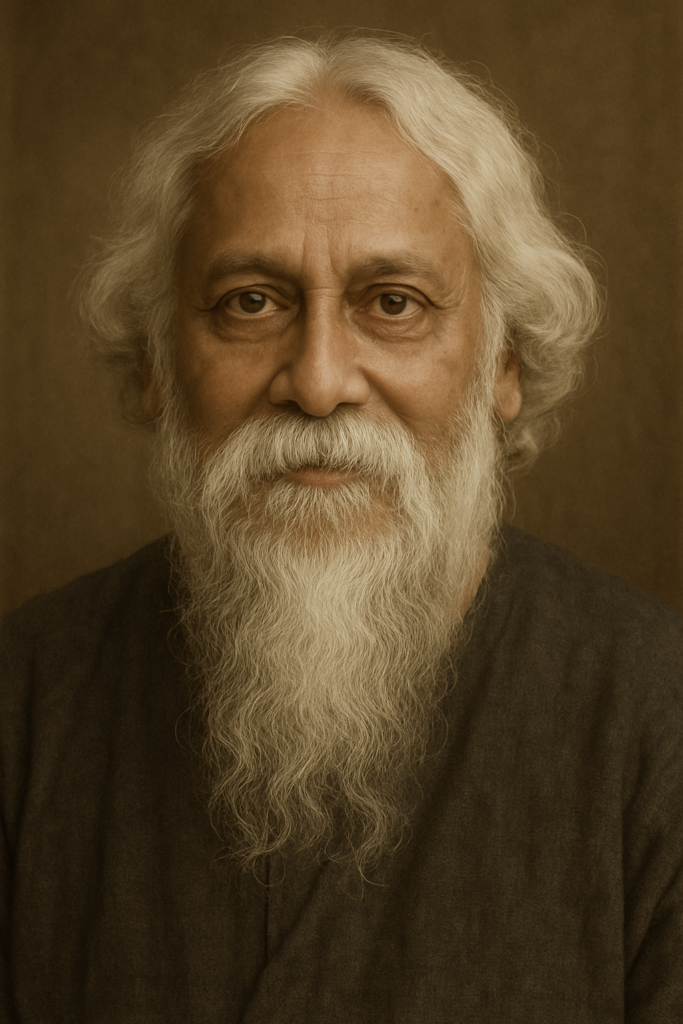
Tagore
1861 – 1941 | India
Rabindranath Tagore was an Indian poet, philosopher, educator, and Nobel Prize–winning writer whose works spanned poetry, music, art, and social thought. He founded Visva-Bharati University and promoted an education rooted in creativity, freedom, and harmony with nature, influencing both Indian and global perspectives on learning and culture.
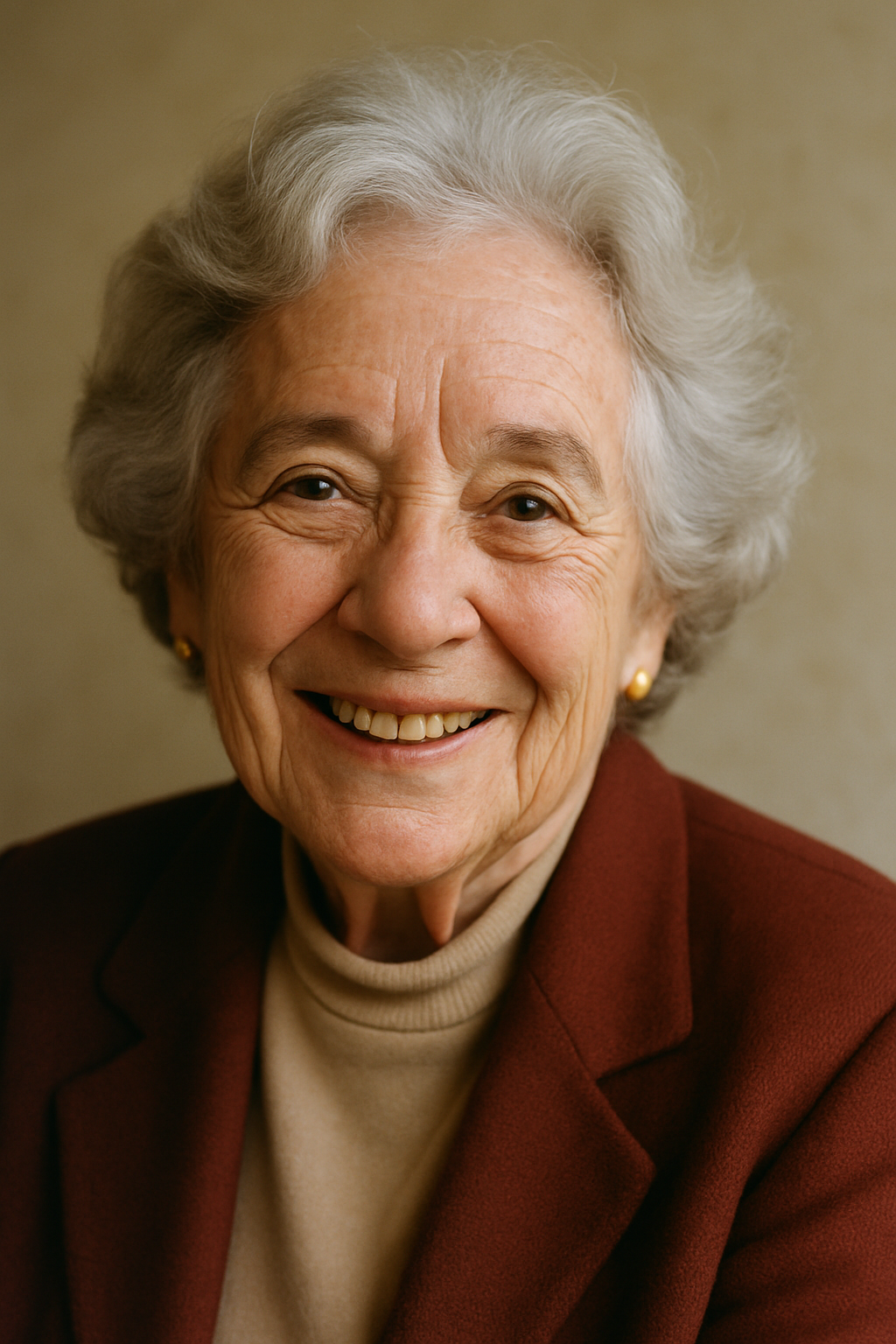
Greene
1917 – 2014 | United States
Maxine Greene was an American educational philosopher, author, social activist and teacher. She is widely considered a pioneer for women in the field of philosophy of education. She championed the role of imagination, the arts, and aesthetic experience in fostering critical awareness and social change, and urged educators and students to “wide-awakeness,” engaging with the world reflectively and creatively.
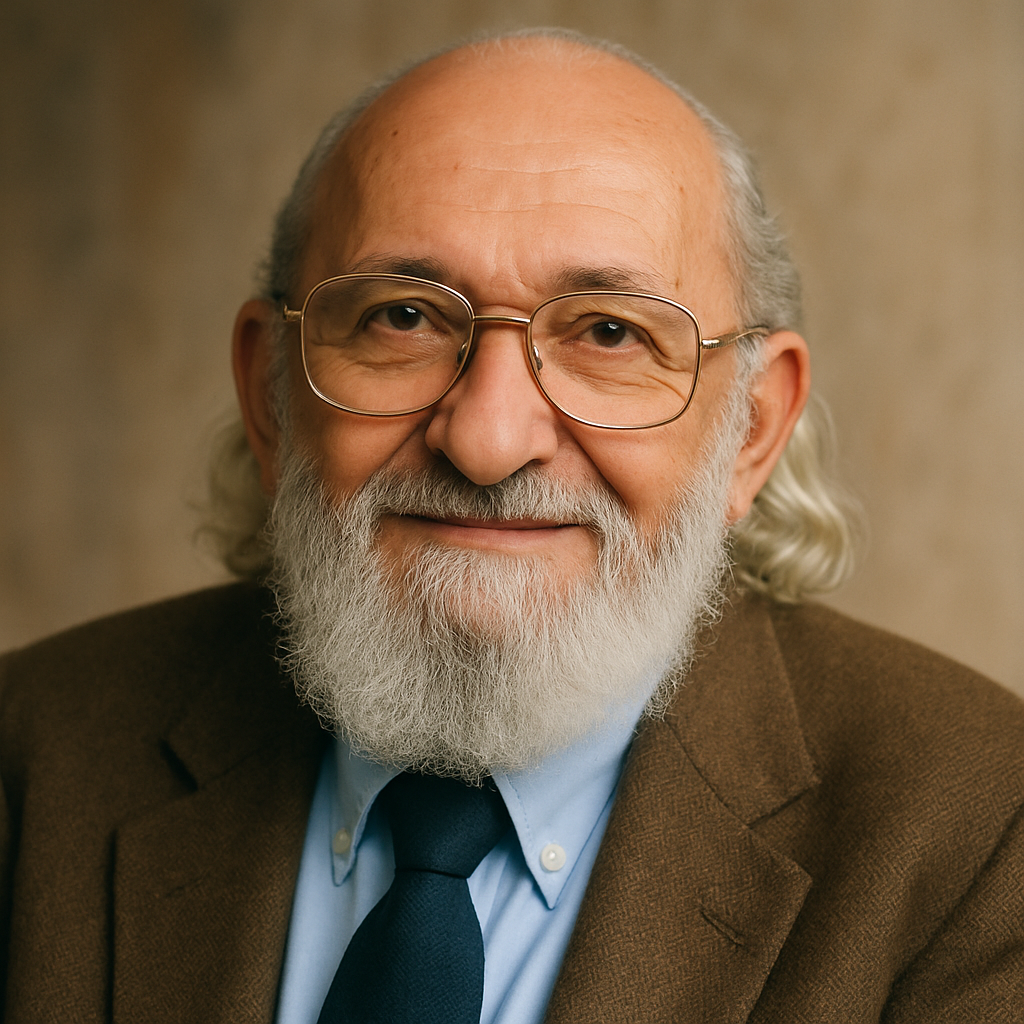
Freire
1921 – 1997 | Brazil
Paulo Reglus Neves Freire was a Brazilian educator and philosopher best known for his influential work Pedagogy of the Oppressed, in which he reimagines teaching as a collaborative act of liberation rather than transmission. His approach to education challenged traditional “banking” models of teaching and inspired movements for social justice and transformative pedagogy worldwide.
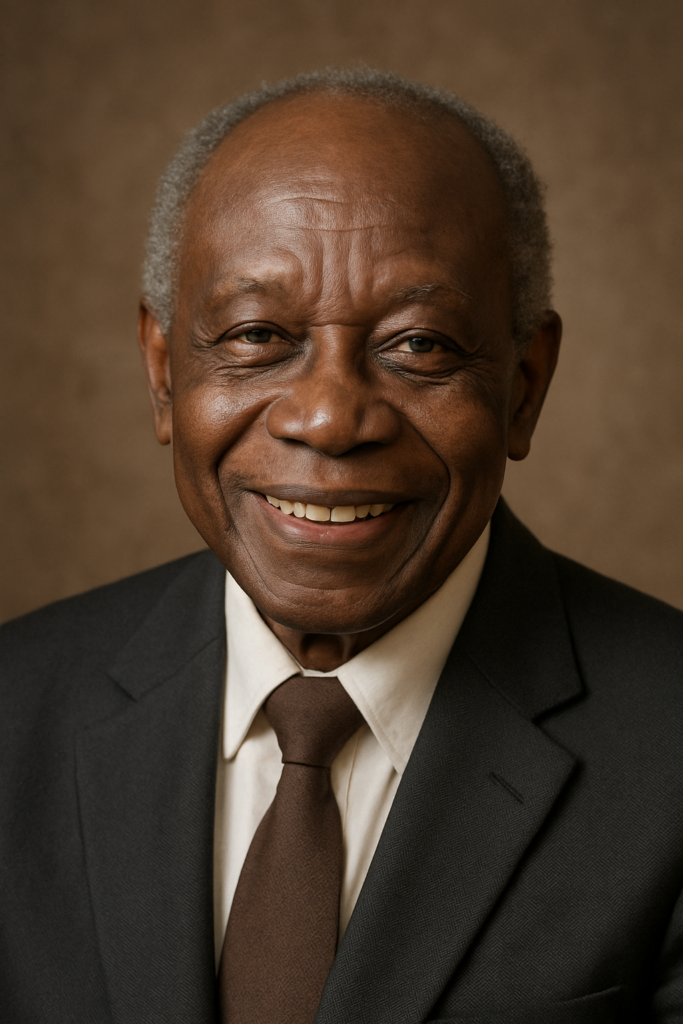
Wiredu
1931 – 2022 | Ghana
Kwasi Wiredu was a Ghanaian philosopher renowned for his work in contemporary African philosophy, particularly in developing concepts of “conceptual decolonization” to free African thought from undue dependence on Western frameworks. He emphasized the importance of using African languages and cultural perspectives in philosophy, contributing to global discussions on democracy, personhood, and morality.